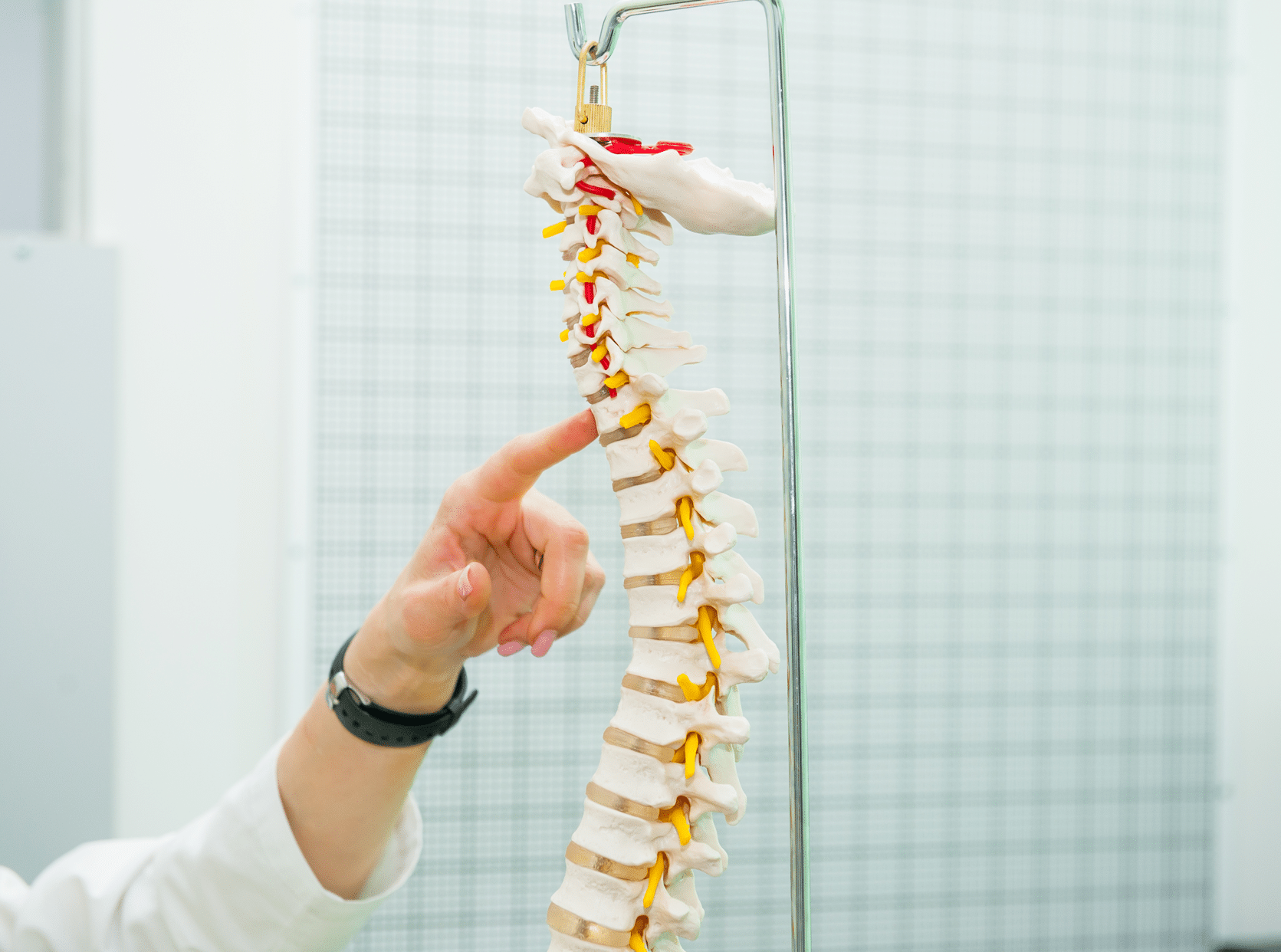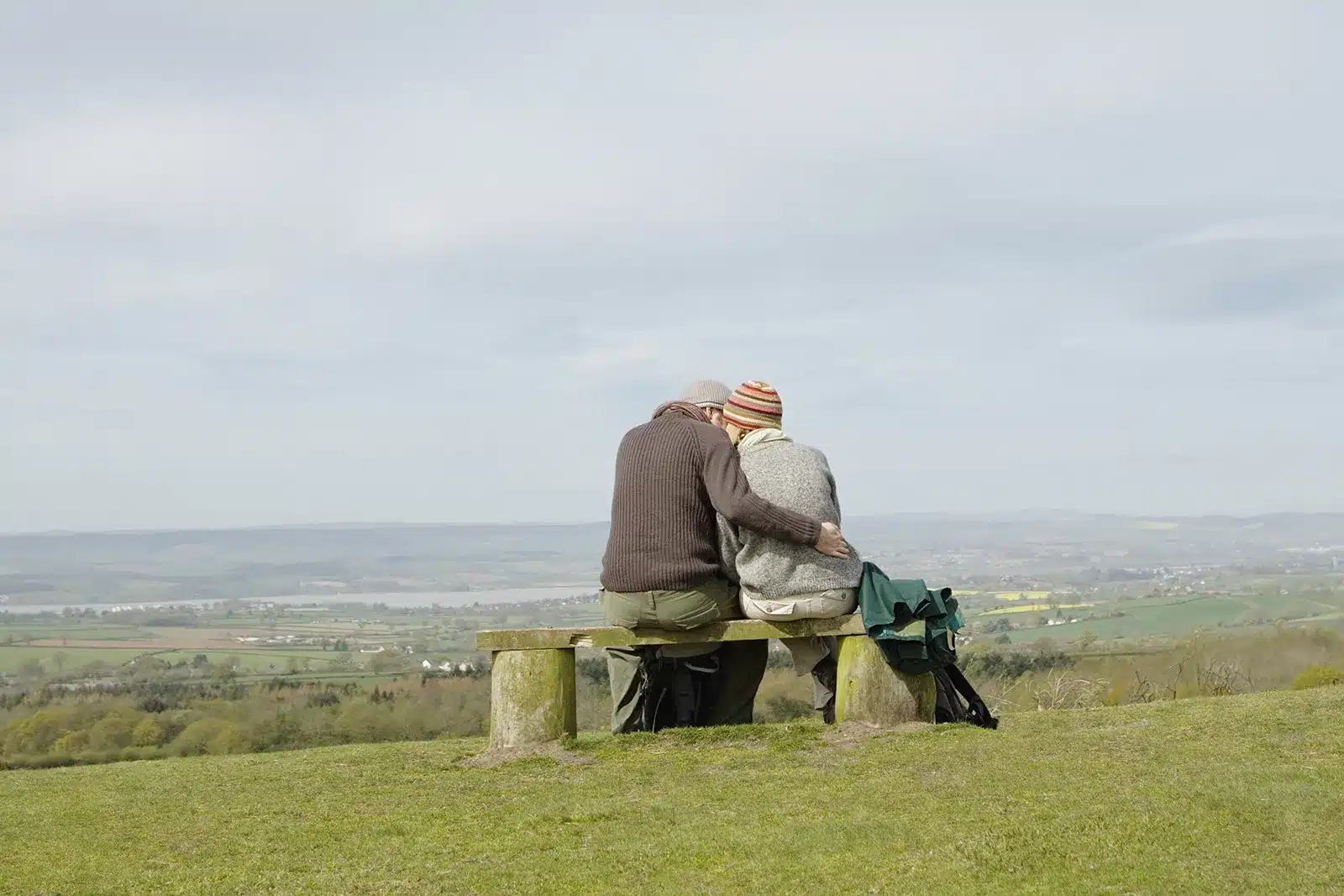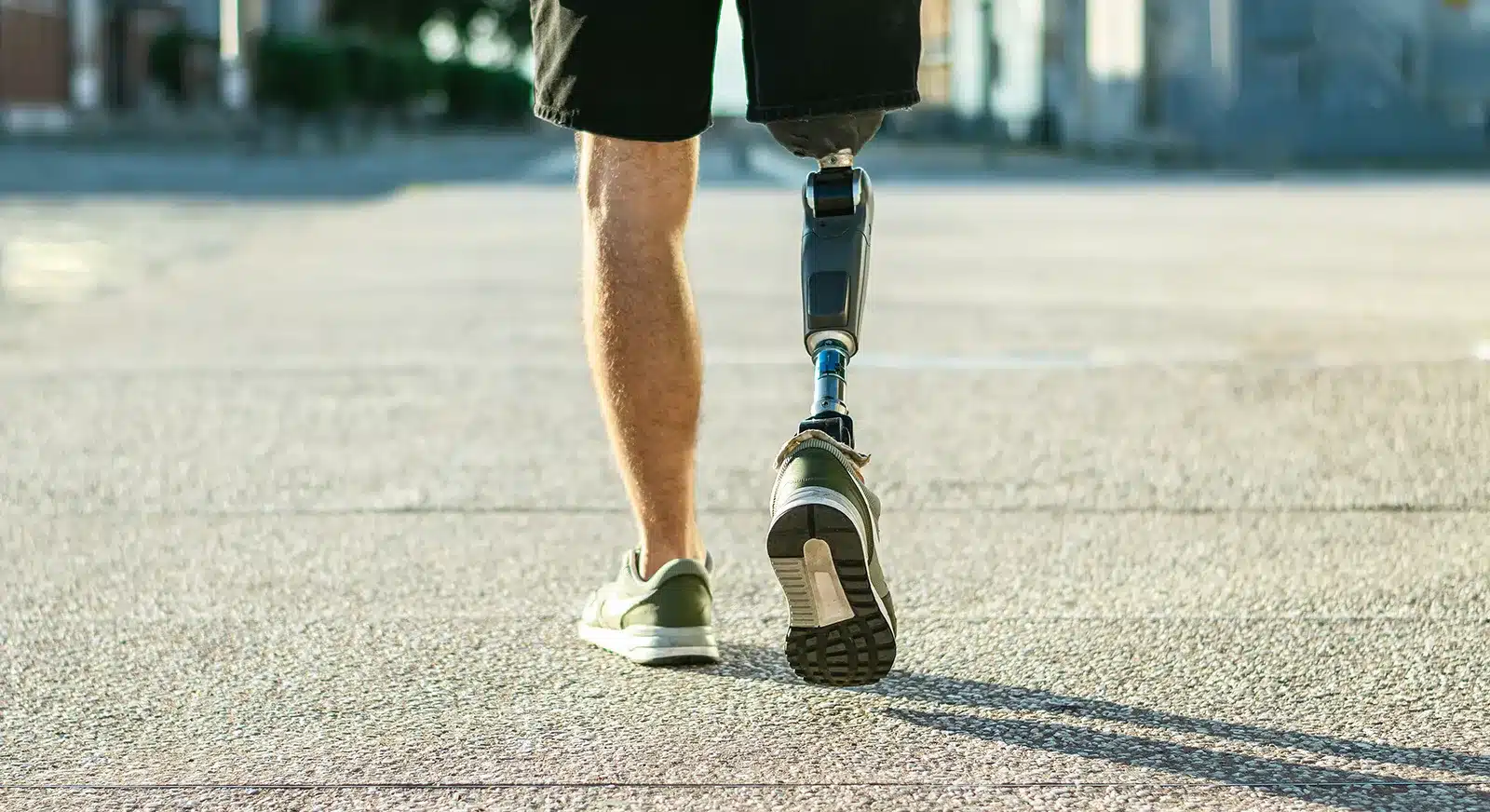No matter what kind of resident or patient you care for as part of your work, being assaulted by someone you have been looking after can be a deeply harrowing experience.
Everyone has the right to be as safe as possible when carrying out their work. If a resident has attacked you, it may mean that your employer did not do enough to protect you from the risks posed by potentially violent residents.
In these situations, you may be able to make a compensation claim for your assault at work against your employer, for any physical and psychological injuries caused by the attack.
We’ve put together a short list, focusing on 3 key things that you should do after an assault at work by a resident. These can be helpful even if you aren’t sure whether you wish to make a compensation claim. But always bear in mind that you should put your health and wellbeing before anything else mentioned in this article.
1 – Make sure your employer knows everything that happened
It may be difficult to go over the events of your assault, but you have to make sure that your employer knows about what happened to you.
There are a few reasons why this is so important:
- It makes your employer aware of a clear threat to the safety of staff. This should lead to them taking appropriate measures to prevent the same thing from happening again, either to you or any of your colleagues.
- It can be evidence of the assault and its circumstances. This is particularly valuable if you go on to make a compensation claim as it is evidence from shortly after the attack itself.
- In worst-case situations, informing your employer prevents them from later denying that the assault ever took place.
If you have spoken to your manager about your attack, it is good to confirm what you have said in writing so that the exact information you related to them can be proved.
2 – Inform the police
This is another key step after an assault, but it could be a difficult one to take depending on how you feel about the resident who attacked you. If you have been caring for someone and they became afraid, confused, or did not have a real understanding of what they were doing, you may not want to get them into any trouble by involving the police. Even if you have no intention of pressing charges, going to the police can feel like a drastic step.
However, we would recommend that you do so for several reasons:
- If the resident was aware of what they were doing, police involvement may stop them from attacking you or anyone else in future.
- The police may help to gather evidence about the attack. This may be helpful in a claim against your employer, but it can also assist in the other types of compensation claim you might choose to bring after an assault at work.
- For one of these types of claim (a claim made through the Criminal Injuries Compensation Authority) you are required to report the attack to the police as soon as possible after it occurred. As such, failing to report your assault to the police could close off this option to you, and if you are unable to pursue a claim against your employer for any reason, that might severely limit your ability to recover compensation.
3 – Get legal advice
Seeking expert legal advice on your situation is better done sooner rather than later.
Truth Legal has helped a number of people recover significant compensation after being assaulted by residents. You can read some of their stories on our website: including a carer who had her hair torn violently by a patient and another care worker who was subjected to a prolonged and horrific assault by a resident of a home for teenagers with complex needs.
If you are worried about losing your job for making a claim, we also have specialist employment lawyers who can advise you on your employment rights. However, it is always worth keeping in mind that a claim against your employer should be covered by their Employers’ Liability Insurance – which they are legally required to have if they employ staff – and so employers should take a reasonable view of it.
If you would like advice on making a personal injury claim after your assault at work, we can help. Why not get in touch with us today to arrange a free, no-obligation consultation?
Further Reading
From one of the UK’s most read legal blogs.










